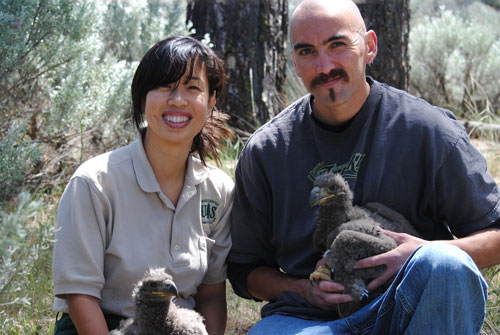By JP Crumrine
Correspondent
The Riverside County Board of Supervisors has directed the county’s chief executive officer to examine the ramifications of separating the Coroner’s Office from the Sheriff’s Department. The vote was unanimous on the proposal Chair Kevin Jeffries (1st District) and Supervisor V. Manuel Perez (4th District), who joined with Jeffries on the proposal at his request, submitted.
Since 1999, the Riverside County Coroner’s Office has been part of the Sheriff’s Department. California is just one of three states that permits counties to combine these two offices. In California, only 10 counties have separated the two offices.
The coroner investigates and reports on all violent, sudden or unusual deaths of persons within the county as established by California law.
In an Oct. 31 letter to the board, a number of community groups, led by the American Civil Liberties Union (ACLU) of Southern California, urged the board to take this action.
“Studies support this separation; it is proven that Coroners operating under Sheriff’s Departments are more likely to underreport officer-involved deaths,” noted the ACLU.
“Families who lost loved ones in Riverside jails have noted these same issues outlined above. Additionally, many families have yet to receive autopsy reports one year after their loved one’s death,” the letter continued. “The separation of these offices reduces the perception that the process is unduly influenced by law enforcement.” Seven members of the public spoke in favor of the idea, but there was no discussion among the directors before their vote.
Vonya Quarles, executive director and co-founder of Starting Over Inc., was the first speaker. Starting Over blends direct services with civic engagement and public policy work. The organization helps some of Southern California’s most vulnerable populations by addressing homelessness, recidivism and reentry.
“If 47 states are mandating separation and only three do not, it is not just a matter of a perceived conflict it is an actual conflict,” Quarles began her statement to the board. “… To separate these two [the coroner from the Sheriff’s Department] is clearly one way to bridge the growing divide between people and the Sheriff’s Department. Separation is not an attack on the law enforcement.”
Two mothers and a sister of men who have died in-custody of the Riverside County Sheriff’ s Department also spoke in favor of the proposed study.
Lisa Matus’s son, Richard, died Aug. 11, 2022, while in custody. She has had great difficulty confirming the circumstances and cause of his death.
“To not separate these offices will continue to hinder closure for families,” she said. “Swift resolution is crucial for closure in anyone’s death.”
Richard’s sister Candance Cortez also urged the board to approve the study. Lisa and family filed a lawsuit against the Sheriff’s Department in March 2023.
Naomi Bravo, whose son, Cristian Viramontes, died in-custody Feb. 5, 2023, also supported the proposal. His family has also filed litigation against the county and the Sheriff’s Department.
“While there is no evidence of any improprieties in Riverside County regarding the operations of the Coroner’s Office under the Sheriff, the optics of a potential conflict of interest can lead to a loss of confidence in our institutions,” wrote Jeffries and Manuel in their request to their colleagues.
But the question is not new to the county. The 2017-2018 Riverside County Grand Jury also looked at this issue, and recommended that as an alternative to separation, the sheriff reestablish “an agreement with acceptable terms, with an adjacent County, to perform autopsies of in-custody deaths.”
From 1999 to 2005, Riverside County had an agreement with Orange County to do this, but after its expiration in 2005, it was not renewed.
No one from either the Sheriff’s Department or the Coroner’s Office addressed the board about the proposed study.
Nevertheless, because of the past views and actions statewide, the county should be prepared to know what the “potential costs, savings, legal issues, organizational structure, and labor considerations” might be, Jeffries and Perez wrote in their proposal. A final report is expected from the CEO in 90 days.






